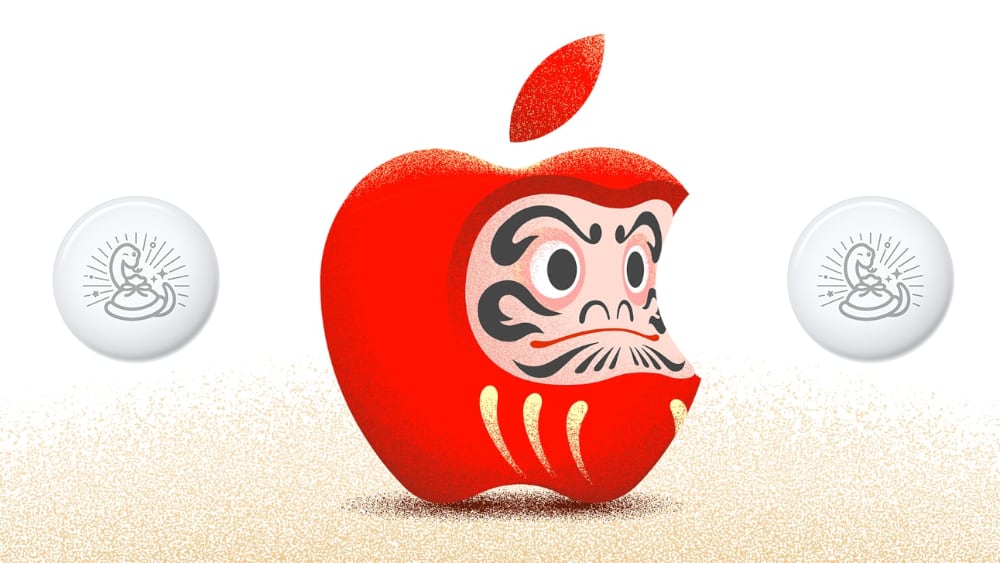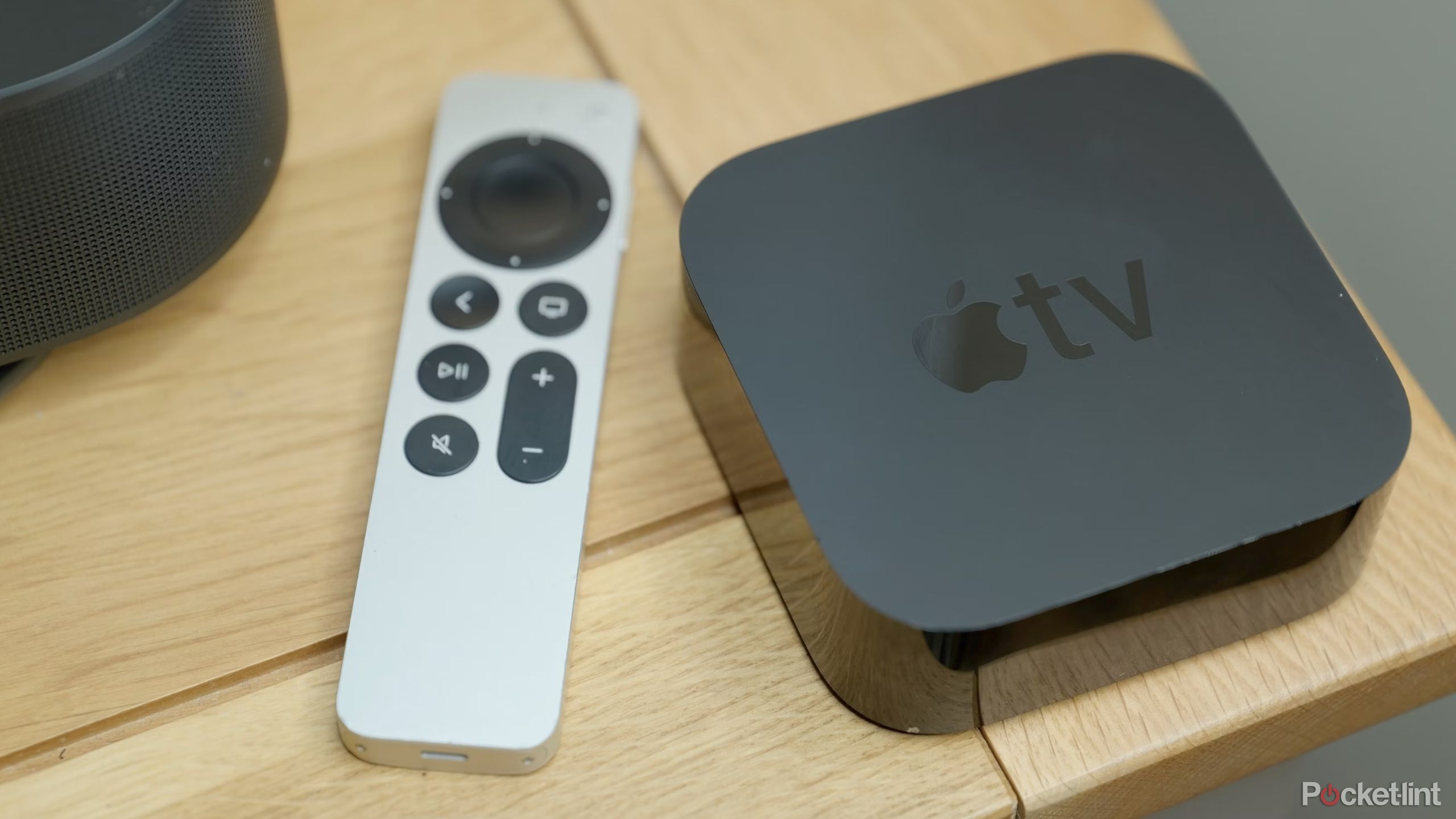Tubi taps up ChatGPT to make finding great free movies and shows easier
Wouldn’t it be great if you could navigate the best streaming services with plain language questions such as “show me some funny shark movies?”. That’s what Fox’s ad-supported streamer, Tubi, is about to deliver. Its new Rabbit AI uses the large language modeling of ChatGPT to turbocharge its search feature to make it easier and quicker to find what you want.
Speaking to The Hollywood Reporter, senior product director Blake Basset says: “At Tubi we’re uniquely situated to find content for viewers that’s specific to the moment they’re in because of our large library and our personalization and machine learning algorithms. With Rabbit AI we’re making the content discovery experience fun again.”
And it does sound like fun. It’s designed so that you can talk to it just like you would talk to a friend, so you might ask for funny movies about a particular subject, or more serious stuff by theme, cast or director. This is the kind of thing ChatGPT and similar systems do very well, so it’s unlikely to be disastrous when it launches.
When can I use AI with Tubi streaming?
Let’s not go down the “is it really AI?” rabbit hole (it isn’t, it’s a very clever autocorrect) and stick with Tubi’s description. Rabbit AI is rolling out in a beta test version to iOS users, and the Rabbit AI plugin is also available on the OpenAI service if you’re a subscriber there. As ever, with betas you should expect glitches and general weirdness. It’s still a work in progress rather than a polished product.
This is the first use of ChatGPT in streaming search, but it won’t be the last. You can expect more of the same from other streaming services in the coming months. Amazon has already brought large language models to Alexa for much more conversational interactions and possibly more of your money too. Apple is also beavering away on who knows what in order to make Siri more useful across its products, including Apple TV and possibly Apple TV Plus too.
What all of these systems are likely to have in common is that they’ll improve over time. The more data they have about your particular preferences and the success or otherwise of their recommendations, the better they’ll become at finding the right content for you. And that helps the streamers as much as it helps you, because it adds to the stickiness of the service. If the recommendation engine really gets you, the prospect of starting all over again with a rival streamer may not be quite so appealing.
You might also like
4 ways Amazon has upgraded its all-new Fire TV SticksAI won’t kill original TV shows and movies, streaming companies willThis tiny, gorgeous music streaming box uses ChatGPT to find new music




